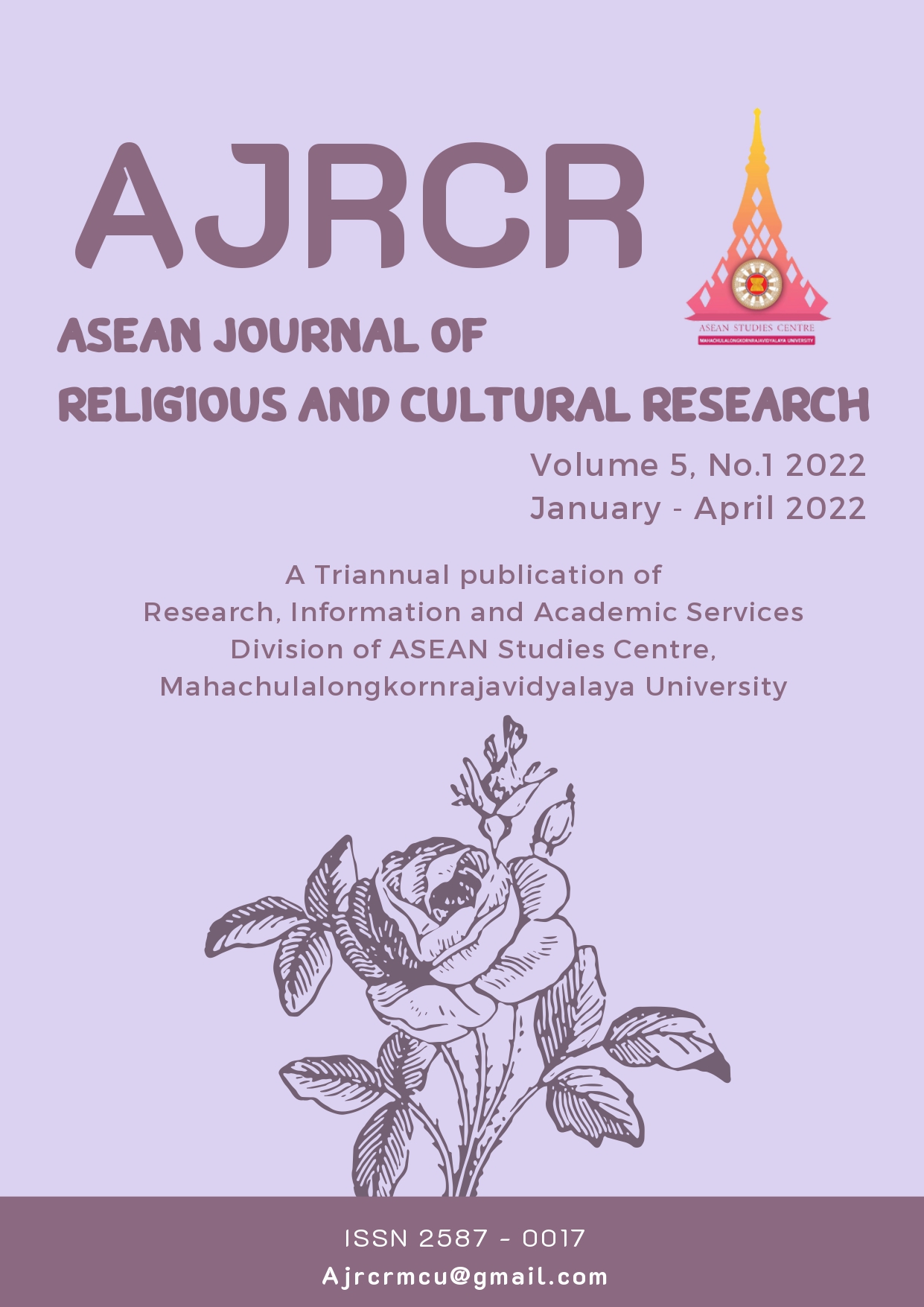Building a Theological Insight on Anthropocene: An Islamic Perspective
Abstract
The geographical/stratigraphic interpretation of the notion of Anthropocene considers it a new addition to the geological timeframe. The Anthropocene defines Earth's most recent geologic period as human activities significantly influencing Earth's crust and non-stop production of inorganic waste. The response to environmental threats is part of one's learnt ethical code, i.e., culture, and religion. This paper aims at how Muslim theology could reminisce on current anthropocentric crises. It inquires questions such as the role of religion, Muslim countries could play to reduce ecological change and shed some light on anthroposensibilities from a scriptural point of view. The primary sources for this paper are the Holy Qurʾān, the sacred book for all Muslims, and the declaration of the International Islamic Climate Change Symposium held in Istanbul in 2015. The International Islamic Climate Change Symposium was a follow-up and guided by the Intergovernmental Panel on Climate Change (IPCC), Millennium Ecosystem Assessment (UNEP, 2005), along the 1997 Kyoto Protocol. In this paper, we aim to reevaluate the essential issues which will be helpful for informed discussions and future debates in Anthropocene Muslim studies and eco-theology.






